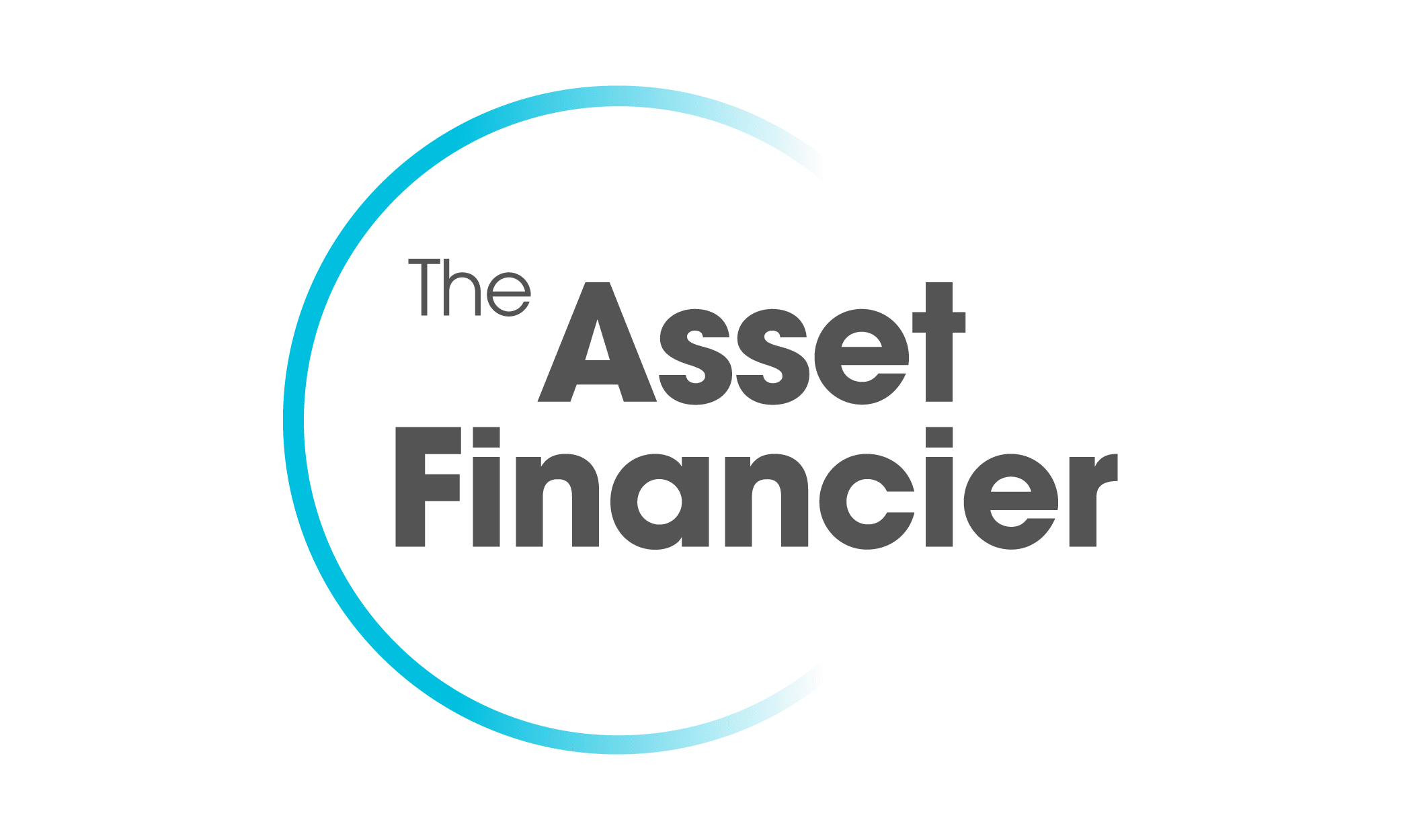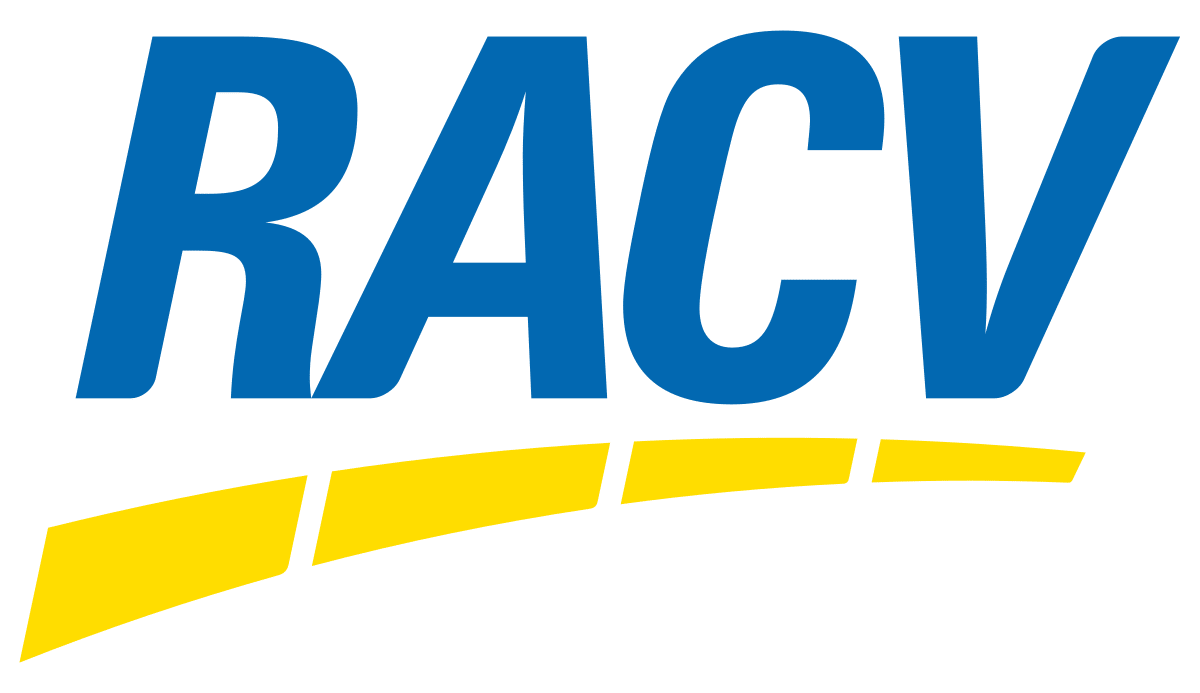Fixed rate car loans are among the most common type of car finance on the market. With this type of loan, the interest rate is set at the start of the term and remains unchanged throughout. This means your monthly repayments stay the same regardless of market fluctuations, giving you certainty and making budgeting easier.
At Savvy, we work with over 40 trusted Australian lenders to help you explore a wide range of fixed rate car loan options and find the one that suits your needs and budget.
Fixed car loan rates
As of January 2026, the cheapest fixed car loan interest rates available through Savvy are as follows:








How much will my fixed rate car loan cost?
The interest rate on your loan has a big impact on the overall cost. The following table shows how your monthly repayments may vary based on different fixed interest rates and loan amounts:
| Loan size | 6.00% p.a. | 7.00% p.a. | 8.00% p.a. | 9.00% p.a. |
|---|---|---|---|---|
| $30,000 | $580 | $594 | $608 | $623 |
| $40,000 | $773 | $792 | $811 | $830 |
| $50,000 | $967 | $990 | $1,014 | $1,038 |
| $60,000 | $1,160 | $1,188 | $1,217 | $1,246 |
| $70,000 | $1,353 | $1,386 | $1,419 | $1,453 |
| Repayments are estimates based on a five-year loan term with monthly instalments, calculated using our car loan repayment calculator. Example rates shown above do not include fees or additional costs. | ||||
However, interest rates aren’t the only factor that affects how much your loan will cost. Other elements that influence the cost of your loan include:
- The size of your loan
- Your loan term
- The fees charged, such as establishment, ongoing and early repayment fees
- Whether you make additional repayments
- Whether you pay weekly, fortnightly or monthly
- Whether you attach a balloon or residual payment to your loan
Why apply for a car loan with Savvy?
Fast & easy application
Apply online and submit and sign all your documents digitally. We can assess your profile with a soft credit check, so your score isn't impacted.
Trusted since 2010
With 15+ years of experience and a 4.9-star customer service rating on Feefo, we've helped thousands of Aussies find their ideal car loan.
Unbeatable rates & choices
Access 40+ lending partners nationwide. We compare providers to find the most competitive interest rates tailored to your profile.
What are the differences between fixed rates and variable rates on car loans?
When applying for a car loan, you may have the option to choose between a fixed rate or a variable rate car loan. While fixed rate car loans lock in your interest rate and repayments for the term, variable rate loans have interest rates that can change over time with market fluctuations. Here's a breakdown of the key differences:
Fixed rate car loans
- Repayment certainty: one of the key benefits of fixed interest is the certainty it provides on a monthly basis. This can make it easier to budget around your loan instalments, as you’ll know exactly how much they’ll cost each time you make a payment.
- Protection against rate rises: fixing your rate can also protect you against any increases in interest rates during your term.
But… you may miss out on savings if interest rates fall. In addition, fixed loans often come with break costs or limits on making extra repayments.
Variable rate car loans
- Greater flexibility: variable rate loans often come without the hefty exit and early repayment charges found on may fixed rate loans.
- Savings if rates fall: if interest rates drop during your loan term, your repayments may decrease, helping you save money over time.
But… your repayments could increase if market rates go up, which may make budgeting more difficult. Variable rate loans are also a lot less common than fixed rate car loans.
Should I choose a fixed or variable interest rate?
Ultimately, whether you decide to go for a fixed or variable rate will come down to availability as well as your preferences as a borrower. Do you value the certainty that comes with a fixed rate or the flexibility that a variable rate brings?
If you’re unsure of which option to choose, you can compare a range of offers with Savvy. One of our experienced consultants will work with you to find the best deal on offer among our vast panel of trusted Australian lenders.
How should I compare fixed rate car loans?
Before you apply for any car loan, you should always thoroughly compare your options. The key variables to consider are:
- Interest rate: locking in the lowest rate available to you can save you hundreds of dollars, if not more, over the life of your loan.
- Fees: the additional fees on a car loan can add up, so it’s important to look at the comparison rate not just interest alone.
- Borrowing limits: although most lenders can finance up to 100% of your vehicle’s purchase price, it’s worth looking at any minimum and maximum limits that apply.
- Available loan terms: not all lenders offer the full range of one to seven-year car loans, so if you’re aiming for a particularly long or short term, it’s worth comparing your options.
- Repayment flexibility: if you value flexibility in your loan, you may look for one that offers free early repayments.
- Car eligibility: different lenders will have different criteria when it comes to the cars they can finance. It’s important to check them to ensure the car you want meets their age and condition requirements.
Tip: Regularly revisit your fixed rate loan
If you secured a fixed rate car loan in the last two to three years, it may be worth reviewing it, especially in light of recent rate cuts. Interest rates have dropped significantly in 2025, which means you could potentially refinance your car loan to save money on interest repayments. However, you may need to pay early exit fees to refinance your car loan, so consider the costs associated with doing so.
How to apply for a fixed rate car loan online
-
Fill out our simple online application form
Start your fixed rate car loan application by telling us about yourself, how much you’d like to borrow and the car you’re interested in – whether it’s new or used and where you plan to buy it from. You’ll also provide details about your income, employment and credit score to help us find the best fixed rate loan available for you.
-
Supply any required documents
After submitting your application, we may ask for documents to verify your employment, income or other details. You can upload these securely online through our portal.
-
Discuss your fixed rate loan options with us
Once we have all your information, we’ll compare fixed rate offers from our lending panel. Your consultant will contact you to explain your car finance options and guide you through the approval process.
-
Find your ideal car
If you haven’t chosen a car yet, our in-house car broker team can help scour dealerships nationwide to find the best fixed rate loan eligible vehicle for you.
-
Have your fixed rate loan application prepared and approved
Your consultant will prepare and submit your fixed rate loan application. Formal approval can often be granted as quickly as one business day after submission.
-
Sign on the dotted line
We’ll send your fixed rate loan documents for electronic signing. After settlement (which we handle for you), you’ll officially be the owner of your new or used car!






















